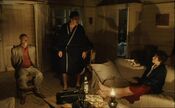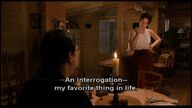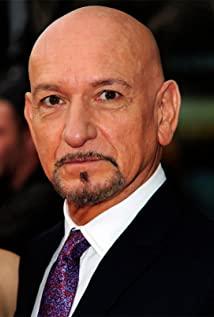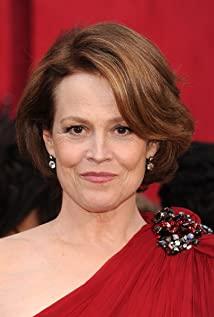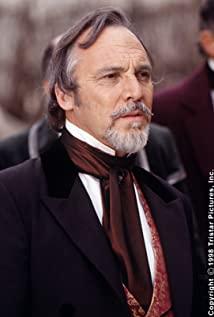-
Dr. Roberto Miranda: How can I confess to something I haven't done?
-
Gerardo Escobar: In a democracy, the midnight knock on the door can be friendly.
-
[first lines]
Gerardo Escobar: Are you quite sure you won't come in?
Dr. Roberto Miranda: No thanks, just want to get home after that.
Gerardo Escobar: Yeah, me too. Look, I'm really sorry for all the trouble I put you to.
Dr. Roberto Miranda: Yeah, no problem.
Gerardo Escobar: Well if I can't persuade you, why don't you come over some time. Thanks again, goodbye.
Gerardo Escobar: [returning again to the car] Ah, you now it's crazy, I never introduced myself. Gerardo Escobar.
Dr. Roberto Miranda: Dr. Roberto Miranda.
Gerardo Escobar: It's very nice to meet you. If you're ever passing...
Dr. Roberto Miranda: Escobar? The lawyer?
Gerardo Escobar: Yeah, that's right.
-
Gerardo Escobar: Just give me time. Give us time. I promise you, I'll *get* them for you. I'll bring you justice instead of a flat tire.
-
Dr. Roberto Miranda: It must be some kids out for a joyride.
Gerardo Escobar: No, this time I really do have something to apologize for. My wife took your car.
Dr. Roberto Miranda: She went out for a tire?
-
Paulina Escobar: It's a miracle. He's delivered himself. Like a fantastic surprise Christmas present, left at the door.
-
Gerardo Escobar: As long as you're holding the gun, we have nothing to discuss.
Paulina Escobar: On the contrary, the minute I give up the gun all discussion will end.
-
Dr. Roberto Miranda: She's mad, she needs therapy.
Gerardo Escobar: You *are* her therapy.
-
[last lines]
Gerardo Escobar: I can't do it Paulina. I just can't.
-
Paulina Escobar: [to Roberto] Let's listen to it for old times' sake...
-
Dr. Roberto Miranda: She is a woman -- so, why am i so surprised?
Death and the Maiden Quotes
-
Enid 2022-03-28 09:01:08
The story is a typical "three in one" mode, which takes place in a closed space on a desert island. There are only three characters in the whole film: a wife, a husband, and a suspect doctor. The wife represents the person who pursues a just result, but there are deficiencies in the trial procedure, because there are only the plaintiff, the defendant, and physical evidence at the scene. The whole narrative makes the audience follow her scrutiny, but in fact, this is one-sided. But in the end, she didn't position herself as someone who could judge other people's lives, she just wanted to prove that the prisoners could be brought under the law. The husband represents the judiciary. He just knows that innocents cannot be killed in vain, and only makes limited rational restrictions on passion. If it is said that this role represents the legal system, it is almost false. In the final verification, the doctor had an alibi, but at this point he dropped the appeal and instead admitted that he was the murderer. Is this really regretful, or is it tortured as a trick? Cinema's answer is open-ended. The whole film is a form of echoing, a dream and a fantasy of the wife. The ultimate torture behind it is: no matter how clear the justice seems to be, once the arbitration of due process is absent, the truth will always remain a mystery.
-
Sid 2022-03-25 09:01:16
Pollina, who was planted by the abuser, and Miranda, who was accused and confessed by the judge, were Polanski's two sides, the first half of his life and the second half of his life. Gerardo is a bystander and a witness, history and present.


